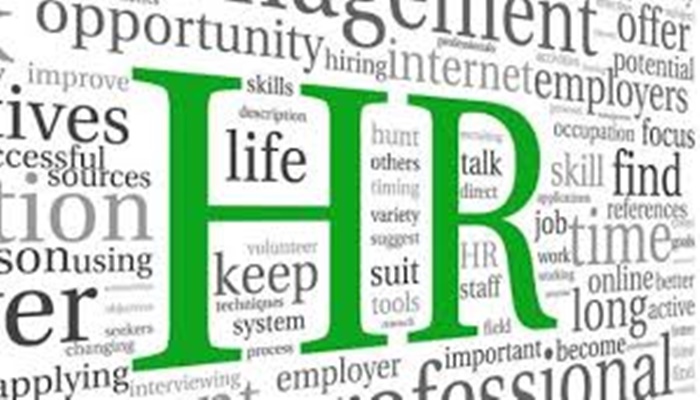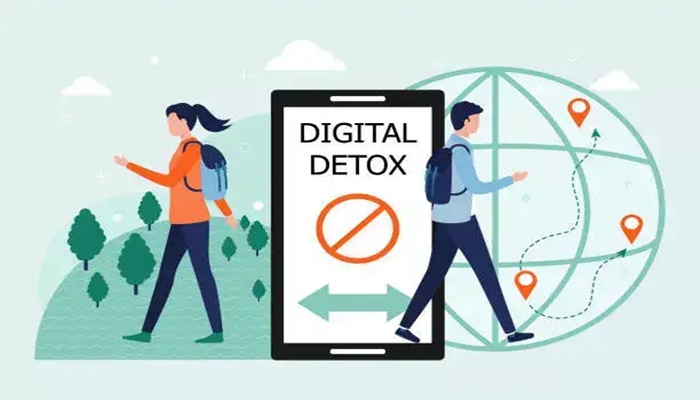In March 2025, I had the privilege of attending a conference organised by PeopleTech.Future, hosted by Business World at the Ambience Hotel in Gurgaon. The gathering attracted leading HR professionals from top companies, all keen to discuss the evolving future of HR.
What caught my attention was not just the growing role of Artificial Intelligence (AI) in HR, but the novel introduction of the Chief Happiness Officer (CHO) role in some companies. The CHO is now tasked with ensuring the wellbeing of employees—an intriguing shift that acknowledges the need for a holistic approach to workforce management. During the panel discussions, I raised two important questions: How can labour laws evolve in a scenario where extended working hours remain the norm for many? And if happiness officers are meant to ensure wellbeing, why are attrition rates still high? While some panelists attempted to answer, it was clear that these complex issues required deeper reflection.
The Evolution Of Employee Loyalty And Retention
One key takeaway from the conference was the increasing emphasis on employee loyalty as a primary metric. Companies are now viewing employee retention as a key result area (KRA), focusing on strategies that motivate employees to renew their contracts and continue growing within the same organisation, rather than seeking greener pastures elsewhere. As we move beyond transactional roles, businesses are investing in creating long-term relationships with their employees.
In this context, referrals are gaining more significance. Employees who are satisfied with their work experience are increasingly acting as brand advocates, recommending the company to potential candidates. This has proven more valuable than traditional recruitment methods, as referrals come from a place of genuine appreciation, making them a powerful tool for talent acquisition.
Trust remains at the core of employee selection and retention strategies. Today, organisations prioritise individuals who exhibit strong reliability, integrity, and the ability to thrive in a team environment. The cornerstone of modern recruitment has shifted to selecting individuals based on positive feedback and shared values, rather than simply technical skills or qualifications. Companies are also increasingly relying on data analytics to gauge employee engagement and pinpoint potential pain points before they escalate into larger issues.
The Growing Role Of Wellbeing In HR Strategies
The importance of employee wellbeing has been rising in HR circles, with physical, mental, emotional, and financial health taking precedence. It is no longer just about offering motivational talks or casual wellness initiatives. Organisations are investing in holistic wellness programs to address stress, burnout, and mental health challenges. According to studies from the American Psychological Association, companies that prioritise mental health see a substantial increase in productivity and retention rates. Lower attrition means greater value retention and a smoother business operation.
Furthermore, organisations are realising that wellbeing isn’t just an HR responsibility; it requires top management involvement. Leaders need to lead by example, demonstrating empathy and actively addressing employee concerns. Recognising the signs of burnout early is crucial, as is providing timely, empathetic communication to resolve stress before it becomes overwhelming. Flexible working hours, work-from-home policies, and access to stress-relief resources like gym memberships or wellness webinars are becoming standard in progressive companies.
Integration Of Technology And Sustainability In HR Practices
Another emerging trend that is redefining modern HR practices is the integration of technology and sustainability. With the digital transformation reshaping industries, organisations are adapting to ensure their employees can work effectively across global time zones, often blurring the lines between work and personal life. To address this, companies are turning to AI tools that reduce the need for repetitive tasks, thereby boosting productivity while also alleviating unnecessary stress on employees.
Moreover, many organisations are now embedding sustainable practices in their day-to-day operations, acknowledging the need to create an environmentally responsible workforce. From green buildings to AI-enabled HVAC systems and solar-powered offices, companies are fostering a culture of sustainability. Employees, particularly younger generations, are increasingly prioritising workplaces that are committed to making a positive impact on the environment. Surveys indicate that 75% of employees are more likely to feel engaged and satisfied when their companies prioritise environmental concerns.
As the world of work continues to evolve, it is evident that modern HR practices are not just about managing people; they are about building an environment where employees can thrive in all aspects of their lives. From loyalty-building initiatives to holistic wellness programs, organisations are realising that the wellbeing of employees is central to their success. By combining these elements with cutting-edge technology and sustainability practices, businesses are positioning themselves for long-term growth and resilience. The future of HR is about caring for employees in ways that go beyond the workplace, ensuring that they feel valued, respected, and equipped to face the challenges of an ever-changing world.
Source – https://www.bwpeople.in/article/building-employee-loyalty-and-wellbeing-for-the-future-555096




















